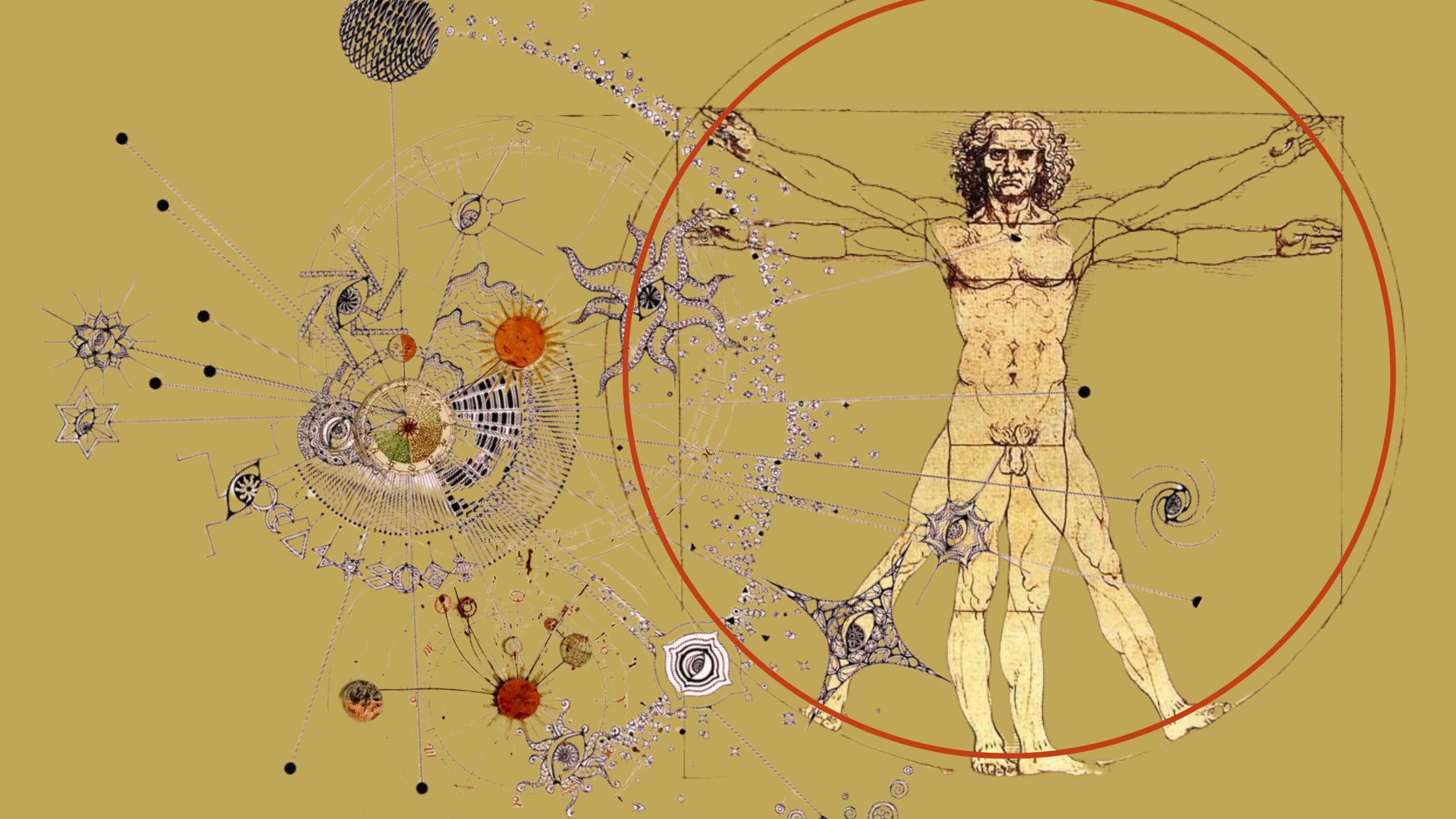
You know more than you think you do.
We often feel like the right answer is somewhere else. With an expert. In a methodology. In a performance model. But deep down, you know: your body tells you, your intuition whispers it, your energy either drains or lights up from it.
You know what feels aligned. What's too much. What's worth pursuing. Even when you can't always articulate why.
The answers are already there
I watched a team lead second-guess herself last month. She knew her team was burned out, could see it in their faces, feel it in their energy. But instead of trusting that instinct, she scheduled another meeting to "gather more data" and "align on metrics."
Meanwhile, her people were quietly checking out.
We've been trained to look outside ourselves for validation. To defer to frameworks, seek expert opinions, wait for permission. But often, the most strategic thing you can do is pause and ask: What does my gut tell me here?
Taking a pause, changing rhythm, or saying no isn't avoidance. It's an act of inner leadership.
"We may feel lost, but our inner compass is always there—waiting for us to get quiet enough to listen." — Martha Beck
Your energy is data
That project that makes you feel heavy before you even start? That's information. The conversation that energizes you even when it's challenging? Also information. The solution that feels forced despite looking good on paper? Your inner compass is trying to tell you something.
We've gotten really good at analyzing external metrics. Engagement scores, productivity dashboards, satisfaction surveys. But we've forgotten how to read our own internal signals, and help others read theirs.
Building culture from the inside out
Want to create a strong company culture? Start by listening to the people who live it. And help them listen to themselves.
That means creating space for people to say, "This doesn't feel right" without having to justify it with data. It means trusting when someone's energy shifts, when they're genuinely excited, when they're quietly struggling.
It means recognizing that intuition isn't the opposite of strategy, it’s often the beginning of it.
It's worth it to trust what you already know.
Because the best decisions aren't always the most defensible ones. They're the ones that feel true to who you are and where you're going. Your inner compass has been guiding you all along. Maybe it's time to start following it more intentionally.